10 things we learned in the Premier League this season
With the lights dimmed and shutters down on another season of Premier League football, theScore examines the 10 most valuable lessons we learned over the 2016-17 campaign.
3 is the magic number
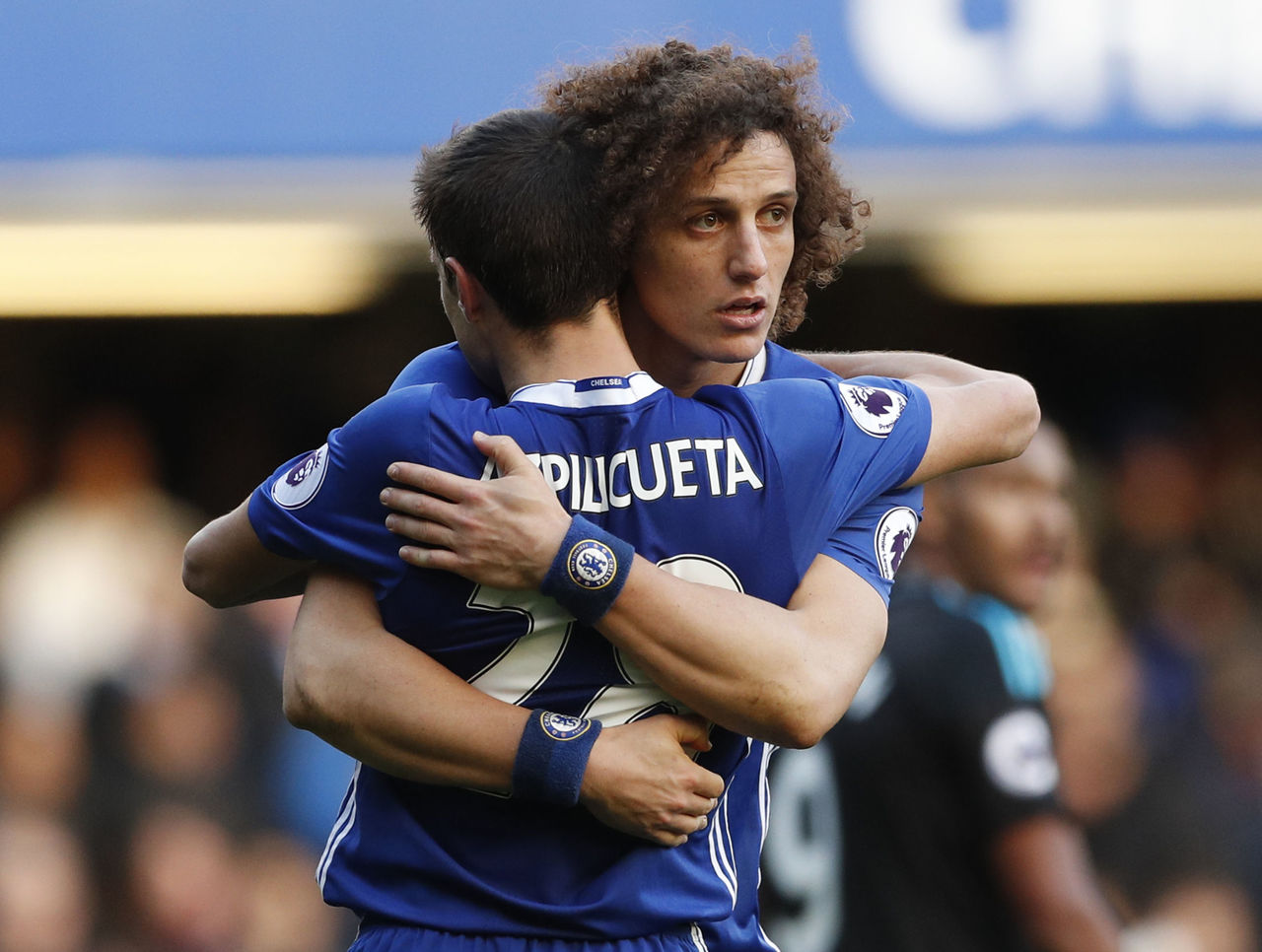
Following years of English matches mirroring 4-4-2s or 4-2-3-1s either side of the halfway line, the different schools of thought entering the Premier League have introduced a welcome era of tactical topping. Antonio Conte hails from the Scuola Allenatori in Coverciano, Pep Guardiola's philosophy was honed in Barcelona's La Masia talent incubator, Mauricio Pochettino is a protegee of Marcelo Bielsa, and Jurgen Klopp stubbornly adheres to his gegenpressing ideals.
Conte's 3-4-3 - or 3-4-2-1 if you consider Eden Hazard and Pedro's inside-forward roles - is the most in-vogue shape in the top tier right now, and its success at Chelsea has seen Arsene Wenger, Jose Mourinho, Ronald Koeman, and others form copycat shapes.
The back-three offers more defensive solidity when the wing-backs drop deep to forge a flat five, but it also brings attacking fluidity down the flanks as the wing-backs take advantage of space behind buccaneering full-backs and stretch opposition backlines for the inside-forwards to exploit.
Either managers follow the 3-4-3 fashion to cancel it out man-for-man, or an inventive gaffer finds an alternative system which trumps it.
It's hard to maintain the hunger
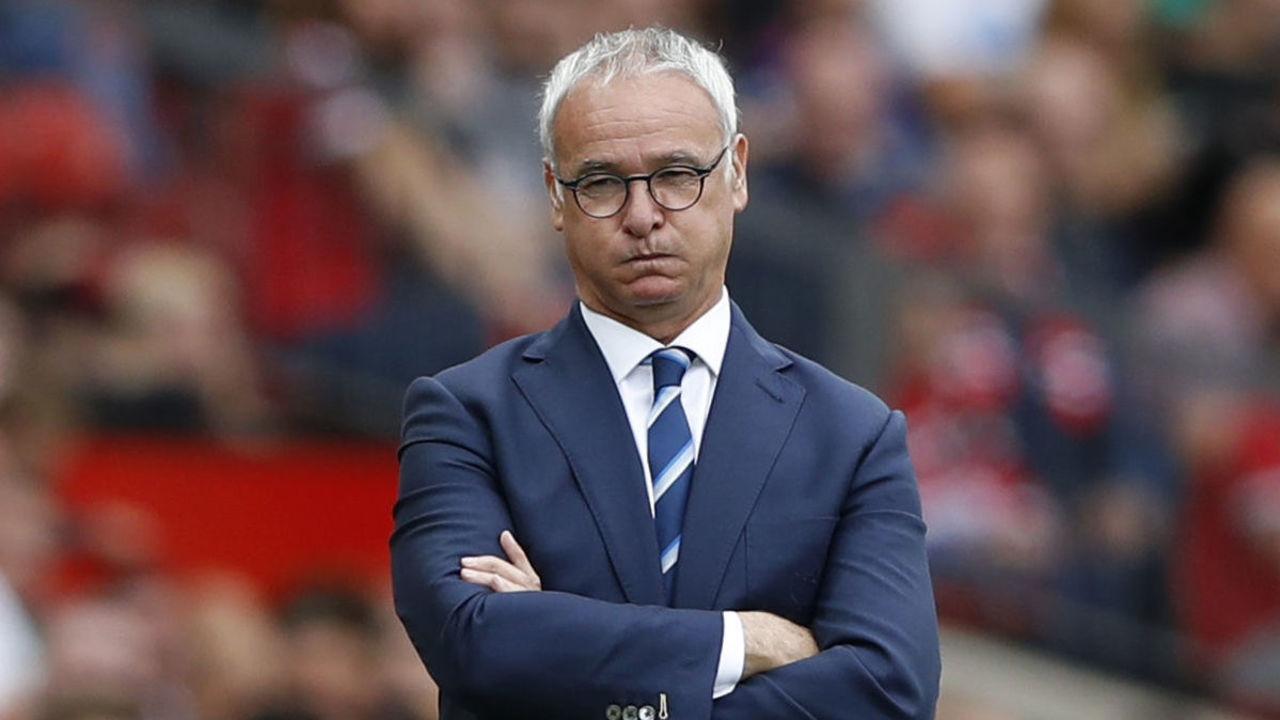
The vast majority of media commitments relating to the unforeseen title win should've been banished by Claudio Ranieri, but instead Leicester City's players seemed to be picking up awards and sharing accounts about their silverware procurement on a regular basis.
The Foxes' eyes weren't on the prize. They were living in the past, rather than concerning themselves with staging a commendable defence of their Premier League success.
The hunger simply wasn't there, but the ousted Ranieri isn't a one-off in failing to inspire back-to-back top-spot finishes:
| Season | Winner | Following season's finish |
|---|---|---|
| 2008-09 | Manchester United | 2nd |
| 2009-10 | Chelsea | 2nd |
| 2010-11 | Manchester United | 2nd |
| 2011-12 | Manchester City | 2nd |
| 2012-13 | Manchester United | 7th |
| 2013-14 | Manchester City | 2nd |
| 2014-15 | Chelsea | 10th |
| 2015-16 | Leicester City | 12th |
| 2016-17 | Chelsea | ? |
Whatever the reason - bank balances deemed more important than medals, social media offering constant rehashes of past glories, or something else - it seems increasingly difficult to rouse successive triumphs in this generation of English football.
The kids should be given a run
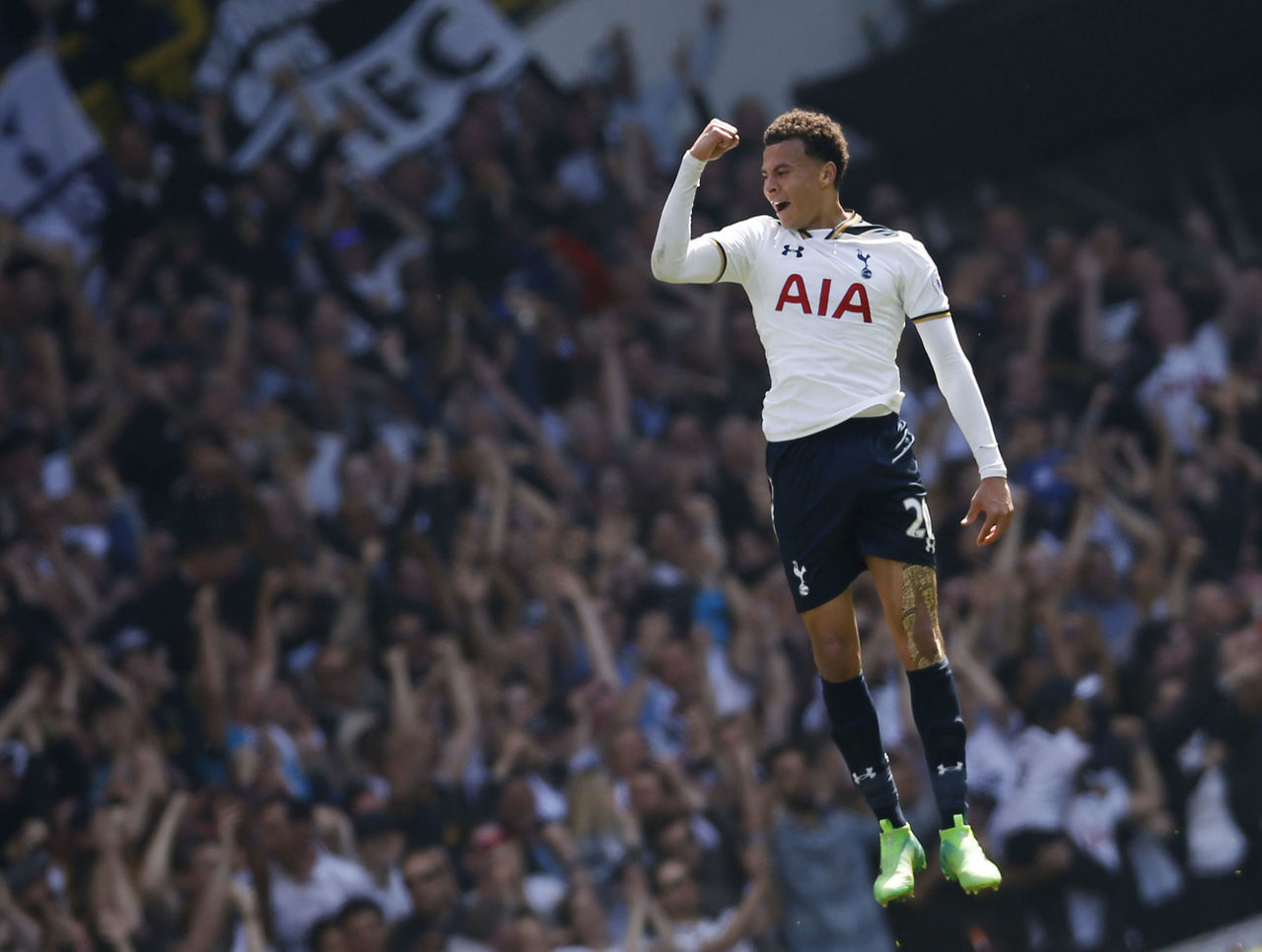
Mauricio Pochettino drew even more from Tottenham Hotspur's leading youngsters, Harry Kane and Dele Alli, over the campaign, and introduced the division to the lively Harry Winks until his season was ended prematurely with injury.
Elsewhere, Tom Davies had a superb breakout season with Everton, Wilfred Ndidi quickly slotted into life at Leicester, and Jordan Pickford seemed to revel in his busy workload at Sunderland.
Perhaps the latter side would benefit from entrusting more lads progressing through the academy. The Black Cats were an early scratch from the top flight, but Elliott Dickman's under-23 side reached the Premier League International Cup showpiece - the club's first-ever European final - with a run inspired by Joel Asoro, Josh Maja, and Lynden Gooch.
They certainly offer a more exciting proposition than watching Darron Gibson and Bryan Oviedo. For Sunderland to survive its relegation and financial insecurity, it's time to trust the kids.
Arsenal's 19-year Champions League residency over
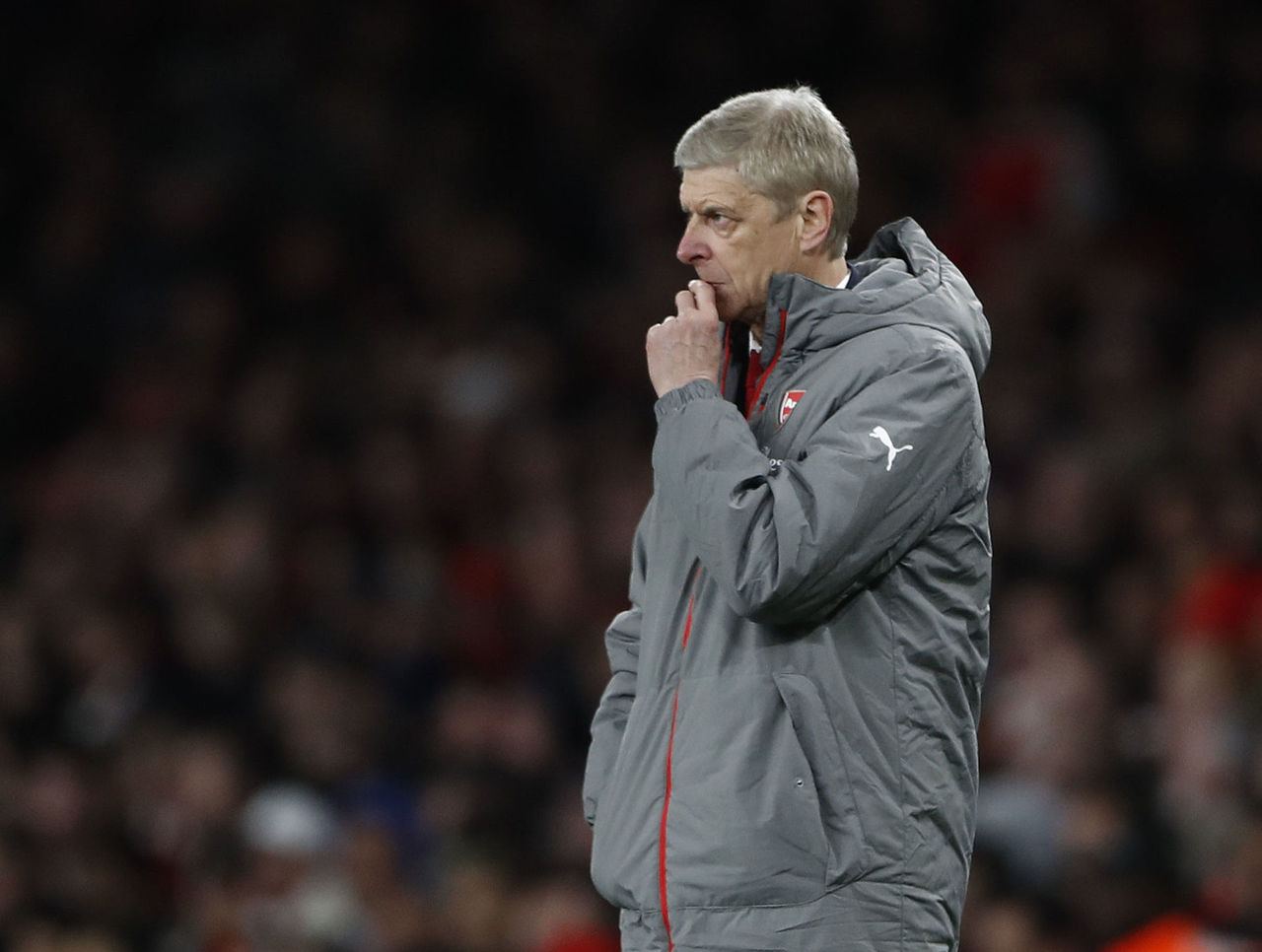
Will this be a brief, one-year jaunt of the less celebrated corners of Europe, or has Arsenal bowed out from the European elite for what will be an extended period?
The Thursday-Sunday schedule hasn't favoured English sides in the past, and the Gunners have dropped into the continent's second-tier competition at a time when questions loom over the club's ownership, manager, and the futures of some of their most celebrated players.
It's not ideal timing.
Related: Manchester City, Liverpool book Champions League trips on final day
But could this be a blessing in disguise? The last seven of Arsenal's 19 straight seasons in the Champions League ended at the last-16 stage, whereas the Europa League would be a more realistic target for silverware.
Europa League doesn't mask Mourinho's failings
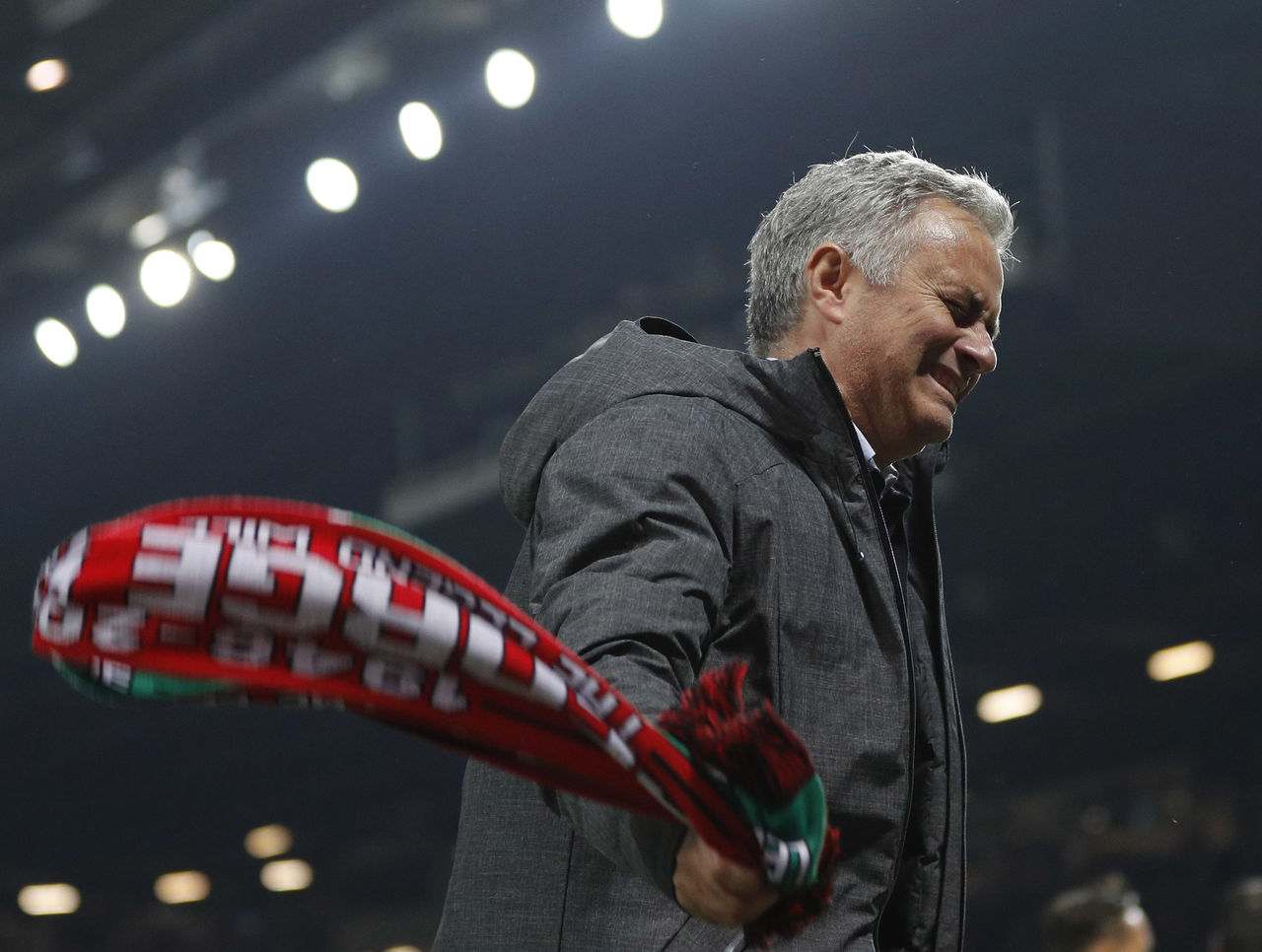
Mourinho was his usual cocksure self at his official unveiling as Manchester United manager, declaring "I want everything" and aiming a dig at Wenger for old times' sake:
Mourinho: "There are some managers the last time they won a title was 10 years ago. Some never have. The last time I did was a year ago."
— James Ducker (@TelegraphDucker) July 5, 2016
It only took a few weeks for his demeanour to change. Soon disappointing results were followed by a blame game - referees, scheduling, and Luke Shaw faced an accusatory finger - and by mid-May, United was unimpressively positioned in sixth.
In the future, pawing through the record books will see a League Cup and, maybe by Wednesday, a Europa League title by United's name, but after the huge sums laid down on fees and wages for Paul Pogba, Zlatan Ibrahimovic, Henrikh Mkhitaryan, and Eric Bailly, his squad was big enough and talented enough to do better in the domestic standings.
He'll scramble for excuses again and again, but Mourinho's Premier League performance was a long way below expectations. He has to improve.
There's a dearth in goalkeeping talent
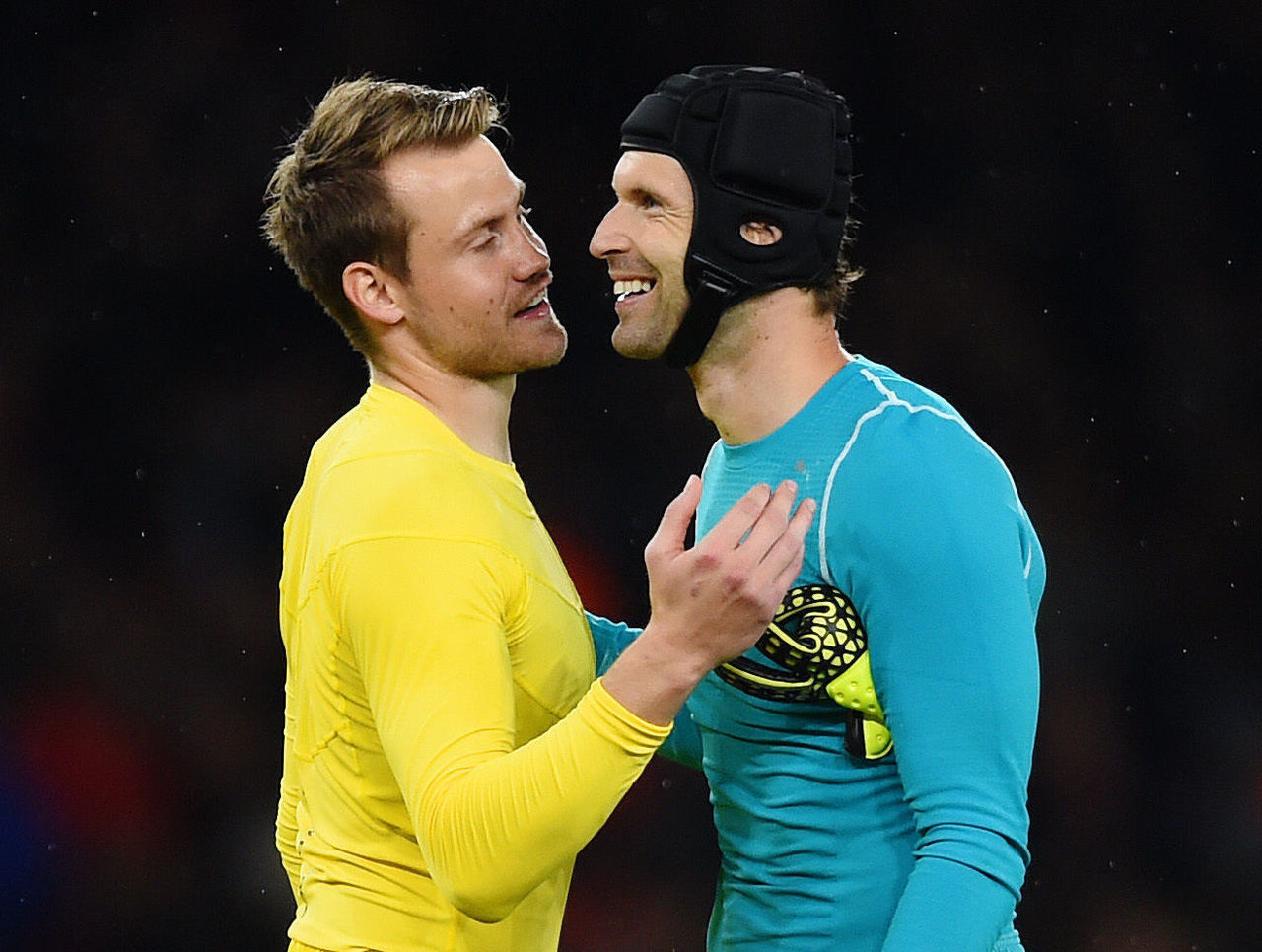
Liverpool's and Manchester City's attempts to improve matters between the sticks fell short. Loris Karius flapped for a while on Merseyside before surrendering his spot to Simon Mignolet, and it's difficult for English football fans to understand how Claudio Bravo enjoyed such a successful career before turning up in Eastlands.
There are fading forces as well, with Petr Cech continuing to look susceptible at his near post for Arsenal.
Elsewhere, there are goalkeepers that would've been down the Job Centre during eras when shot-stoppers as accomplished as Jussi Jaaskelainen, Brad Friedel, Mark Schwarzer, and Shay Given turned out for the supposedly lesser sides. Joel Robles, Artur Boruc, and Wayne Hennessey should be struggling to hold down a place in the Championship, not earning minutes against some of Europe's best.
Exorbitant fees procure questionable talent
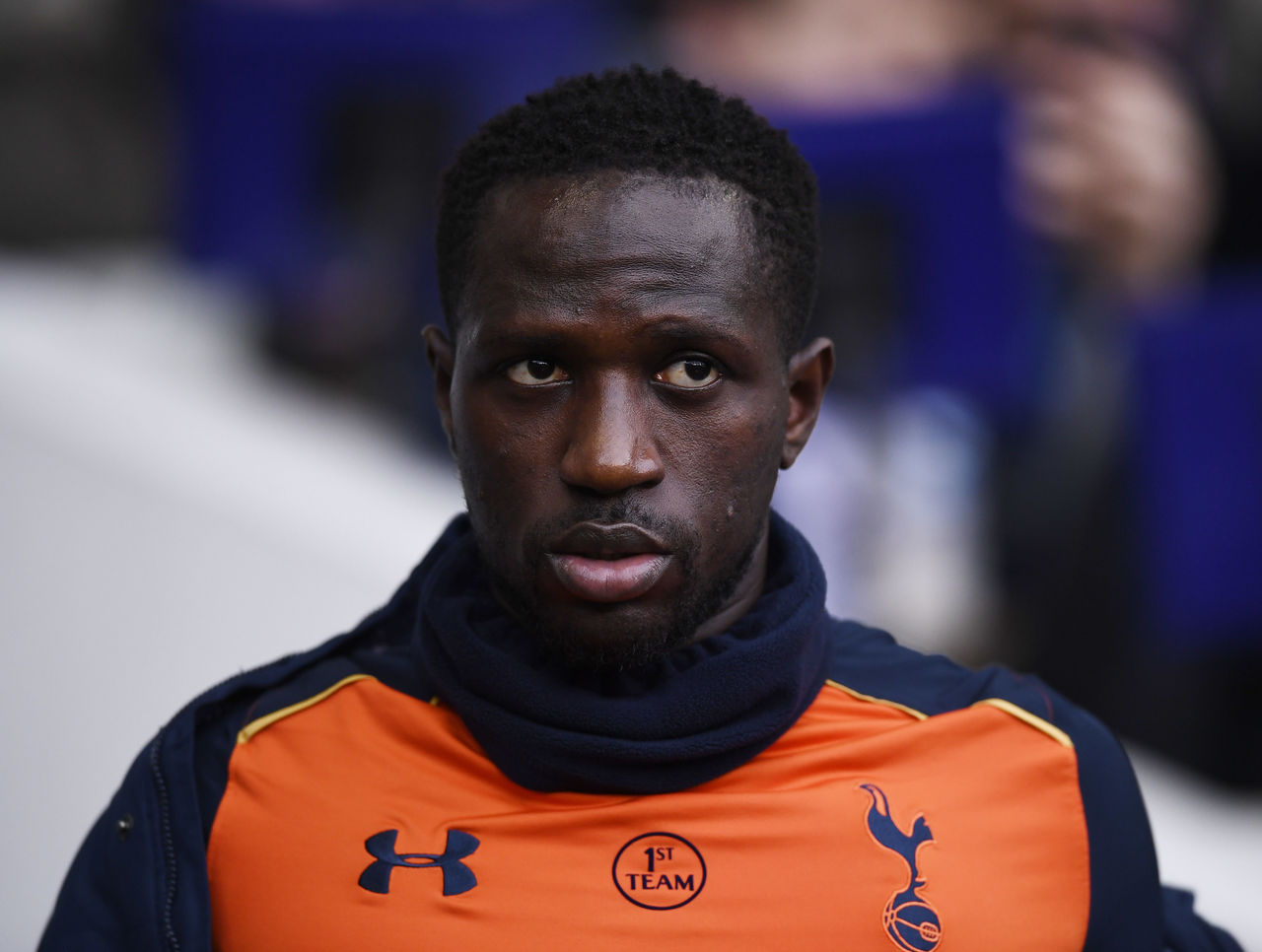
There were many transfer busts in 2016-17, as the vast income from the new television deal burnt a hole in the pockets of Premier League owners.
Moussa Sissoko and Vincent Janssen endured a torrid nine months or so at Tottenham despite costing a collective £47 million. Granit Xhaka didn't manage to impose himself in Arsenal's midfield, but cost £5 million more than N'Golo Kante. Islam Slimani, Leicester's £28-million hitman, skulked into anonymity.
There were plenty of other horrific signings throughout the league, and Chelsea's stroll to the title may foreshadow more daft deals by the clubs who are looking to bridge the gap this summer.
There's a growing popularity of guns for hire
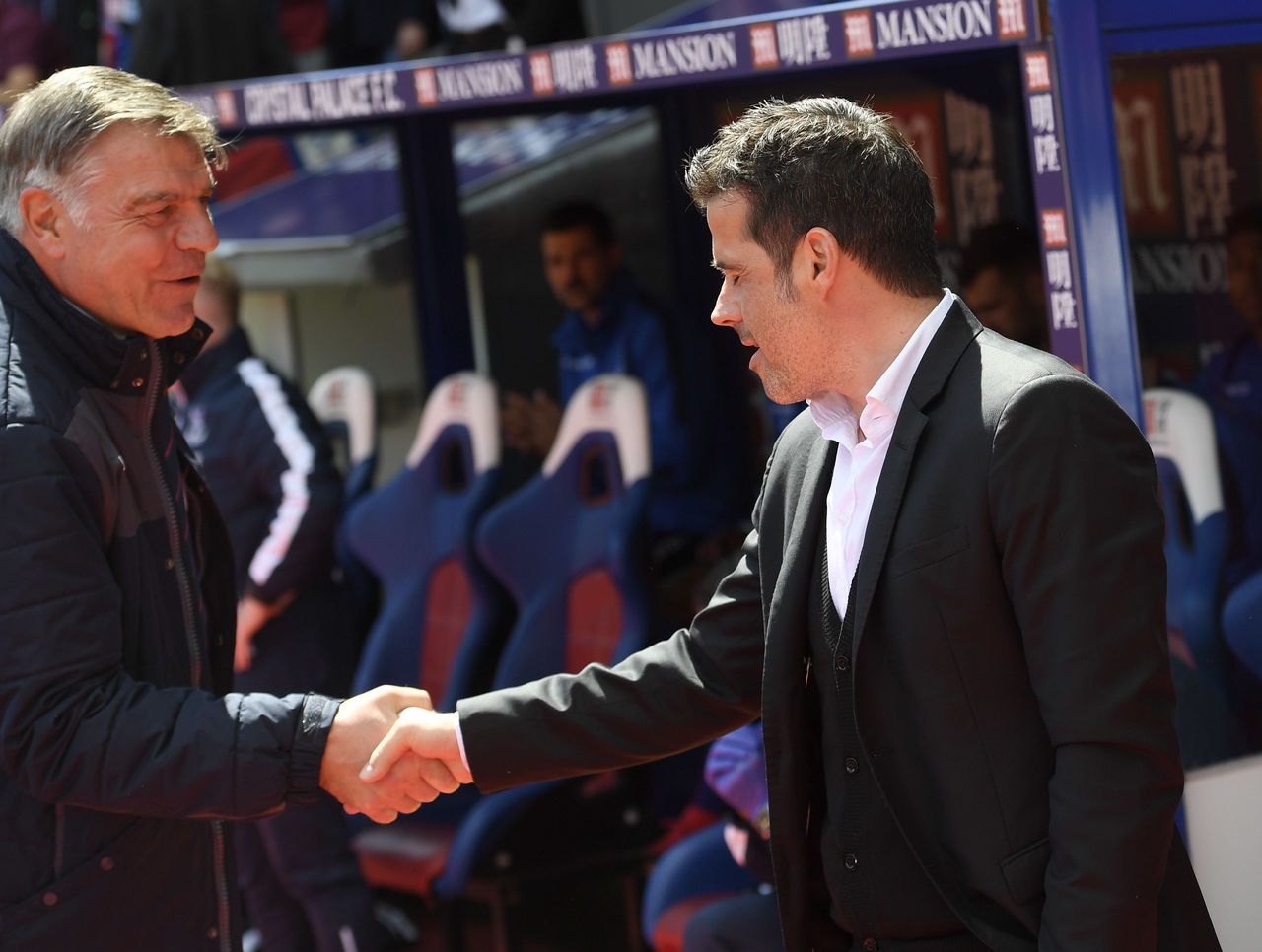
A trend over the 2016-17 term that could become a regular top-flight fixture is the hiring of a manager on a short-term deal, and tasking him to prevent a descent.
Marco Silva put in a sterling job to almost prevent Hull City's relegation, and is now expected to look elsewhere for work at the end of his fleeting stay on Humberside. The succession of managers at Sunderland - Paolo Di Canio, Gus Poyet, Dick Advocaat, and Sam Allardyce saved the club from demotion before being axed or leaving soon after - suggest a contract of just a few months would've been ideal for these miracle workers.
Stopgap managers are more common on the continent, but there has been evidence of this short-termism with veteran gaffers in the Championship as well. Neil Warnock saved Rotherham United last season before perusing the job market, and Harry Redknapp achieved a similar feat at Birmingham City over the final few weeks.
Stubbornness is a virtue
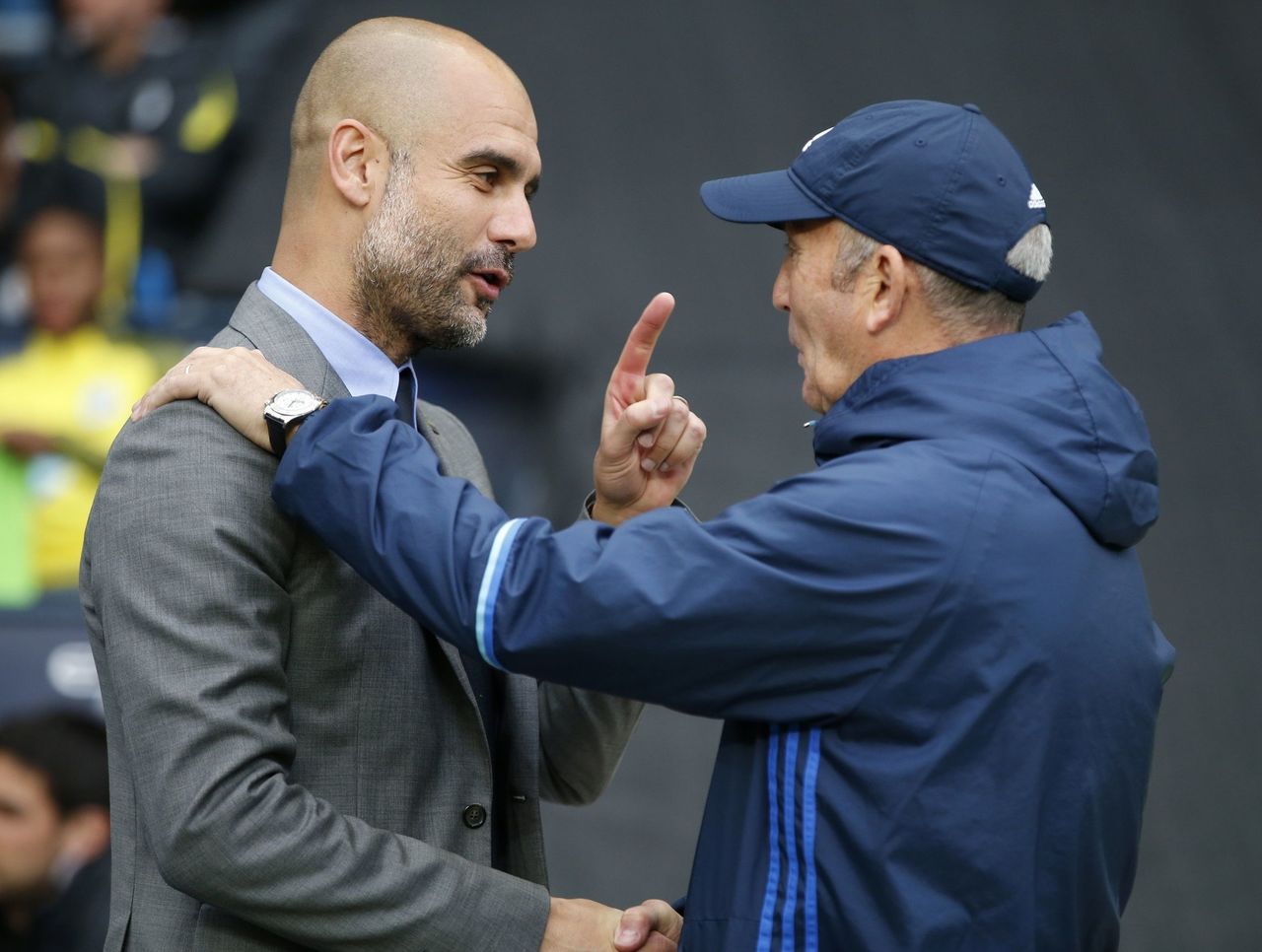
With the more distinct tactical styles in the division, there is a greater amount of stubbornness.
Wenger eventually discarded his headstrong ways and changed his tactics, but the approaches of Conte, Guardiola, Klopp, Mourinho, Pulis, Allardyce, and Sean Dyche are unbending.
And from this has come an unlikely bromance: Manchester City's Guardiola and West Brom's Tony Pulis.
Pep explains why he is late for his press conference: "Sorry I am late, but Tony Pulis is Tony Pulis and red wine is red wine."
— Paul Hirst (@hirstclass) May 16, 2017
Their philosophies couldn't be much more different: Guardiola favours positional fluidity and attack-first principles, while Pulis regularly tasks his men with strict roles and dogged defending. It seems this hasn't got in the way of a friendship, with a shared love of obstinacy and lack of abstinence leading to lengthy drinking sessions in the bowels of the Etihad Stadium and The Hawthorns for years to come.
This may be the birth of a 'big 7' era
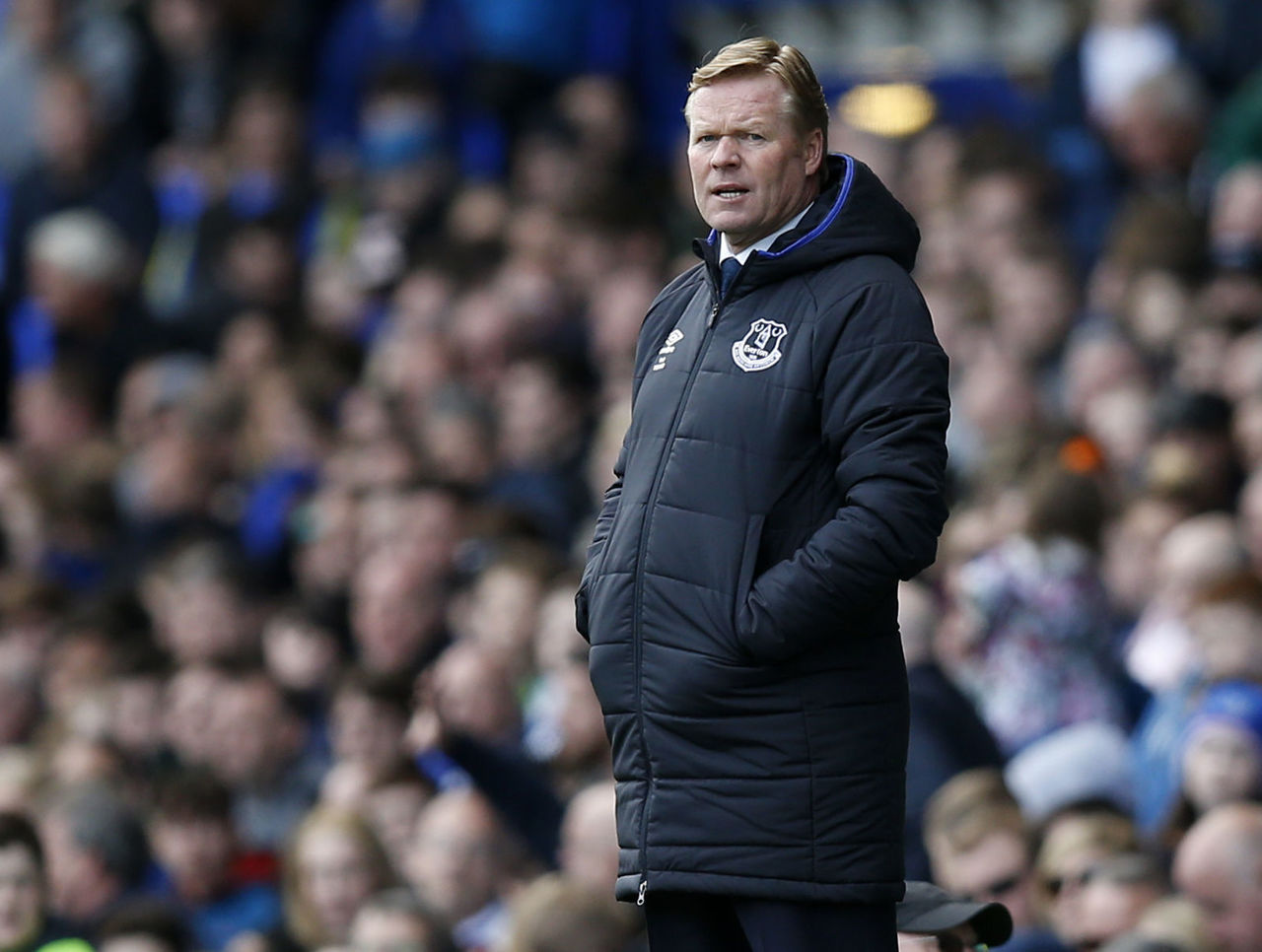
The days of the "big four" - Arsenal, Chelsea, Liverpool, and Manchester United - are long gone, but a new elite band of seven is now forming.
Everton, bankrolled by new majority shareholder Farhad Moshiri and overseen by decorated (from his playing days) disciplinarian Ronald Koeman, finished the season 15 points ahead of Southampton, and the promise of fresh funds in the summer - both from the bloated coffers and potential sales of Ross Barkley and Romelu Lukaku - gives the Dutchman further incentive to assemble a side he deems capable of gatecrashing the Champions League places.
Unfortunately, it's a growing divide hinged on finances and, if anything, the only change over the next few seasons will be determined by a huge takeover at one of the other 13 clubs, or Everton not managing to meet its ambitions.
The extra points collected by each of the top seven indicate easier meetings with the lower teams in 2016-17, and explain the widening gulf:
| # | Team | Points | -/+ points compared to last season |
|---|---|---|---|
| 1 | Chelsea | 93 | +43 |
| 2 | Tottenham Hotspur | 86 | +16 |
| 3 | Manchester City | 78 | +8 |
| 4 | Liverpool | 76 | +16 |
| 5 | Arsenal | 75 | +4 |
| 6 | Manchester United | 69 | +3 |
| 7 | Everton | 61 | +14 |
(Photos courtesy: Action Images)
HEADLINES
- Flyers GM Briere prioritizing future over short-term playoff push
- Wembanyama available to play vs. Grizzlies; will come off bench
- Bedard steps up his rehab in his return from shoulder injury
- Report: Titans to interview Garrett for head coaching job
- Oilers' Jarry expected to miss a couple more weeks with injury